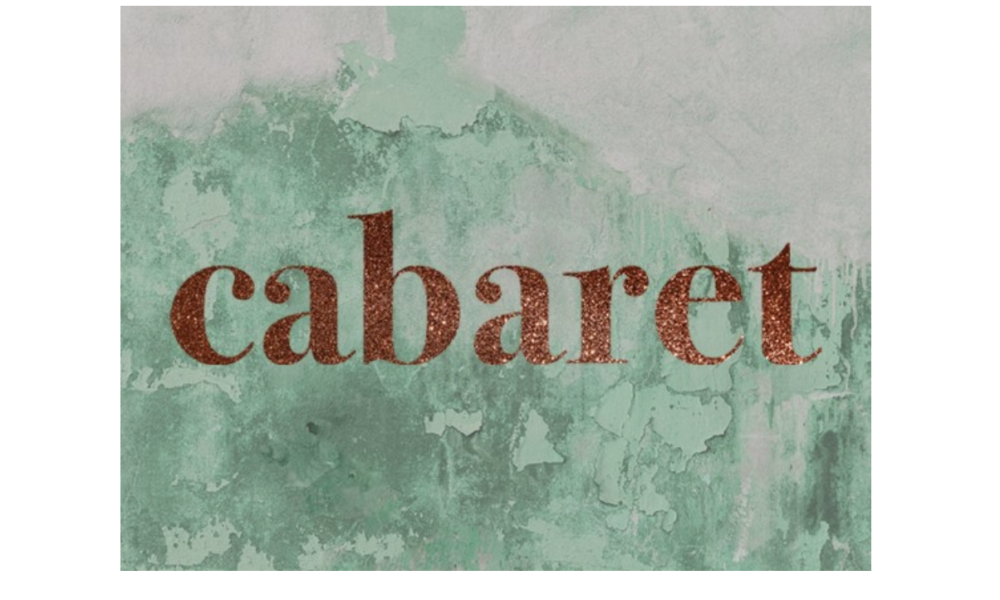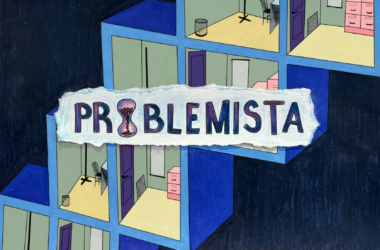Content warning: mentions of fascism, antisemitism, and genocide.
From Feb. 22 to 26, the National Theatre School of Canada (NTS)’s graduating class of 2022 put on an outstanding production of the 1966 musical Cabaret. Choreographed by award-winning director Matjash Mrozewski, the play featured a cast of graduating acting students and a production team composed of students, teachers, and alumni.
Based in Montreal since 1960, the NTS is a theatre training school of international repute. Their annual production, put on by graduating students in the acting program, showcases the skills learned during their school years.
For the graduating class of 2022, Mrozewski chose the musical Cabaret to reflect on the importance of experiencing pleasure during dark historical periods—something he believes is particularly relevant today.
“Life in Weimar Berlin was chaotic, stressful and turbulent, how could we not want to seek out joy, transcendence, euphoria and escape?” Mrozewski wrote in the play’s program.
Cabaret is set during the late 1920s, in the Jazz Age of Berlin. In search of inspiration for his next novel, young American writer Cliff (Henry Beasley) travels to the city, where he befriends German smuggler Ernst Ludwig (Charles Brien) and British cabaret singer Sally Bowles (Kira Chisholm).
From the fictional Kit Kat Klub cabaret to Cliff’s rented room at a boarding house, the play explores the political tension in Germany following the rise of the Nazi Party, while touching on themes of antisemitism, feminism, and gay rights.
Mrozewski fully embraces Cabaret’s queerness, unapologetically celebrating the characters’ fluidity in their sexuality and gender. Although Cliff is explicitly bisexual in the original text, some productions of Cabaret have shied away from openly portraying his sexuality. Mrozewski, however, fully dives into this aspect, not only with Cliff, who experiences romance with Bobby (Blake Pyne) but also with the Emcee (Brandon Lee Carabin) and Herr Schultz (Anaka Sandhu). In the NTS’s production, the song Two Ladies, sung by the Emcee about his polyamorous lifestyle, now features a cabaret boy and a cabaret girl instead of the usual two girls. The character of Herr Schultz also challenges gender norms through a fantastic performance by Sandhu, who is also nonbinary.
Costume designer James Lavoie expertly related the musical’s social issues through its stage visuals. The outfits of the cabaret members remain monochromatic throughout the play, except for Sally’s, whose extravagant wardrobe perfectly highlights her extroverted and diva-like personality. The use of black and white costumes made the eventual revelation of Ernst’s bright-red swastika armband even more striking. In the closing scene, Lavoie dresses the Emcee in a uniform worn by concentration camp prisoners hidden under his coat, a twist that gives the musical a chilling conclusion.
To support a minimalist decor composed of two concrete-like walls, students put on a mesmerizing show of lights and projections, using projectors to showcase archival footage of 1930s Berlin. The parallel between the performance and the stage art adds a touch of realism to the play’s narrative.
Overall, Cabaret was incredibly well done. With the talents involved in the NTS’s student-led production of Cabaret, the Canadian theatre scene will certainly not be short of remarkable performers or producers any time soon.









